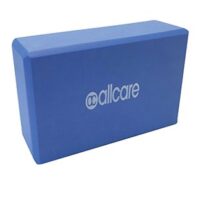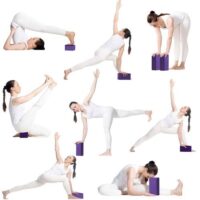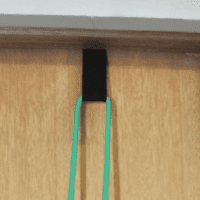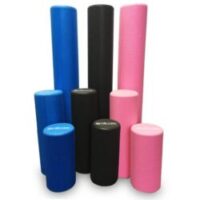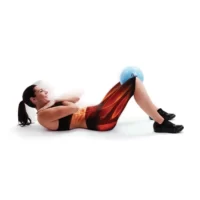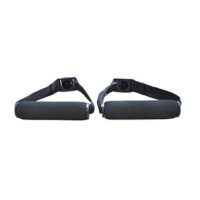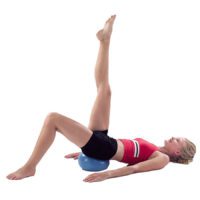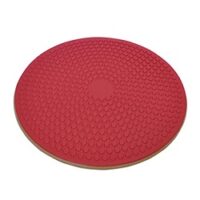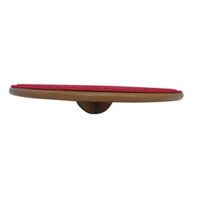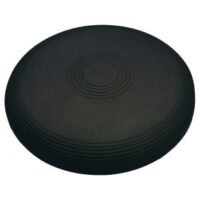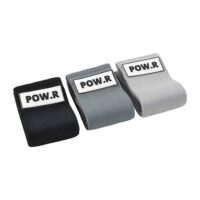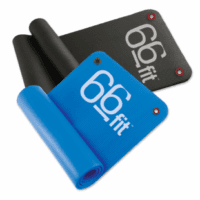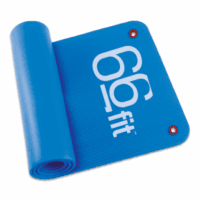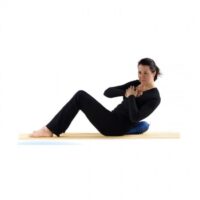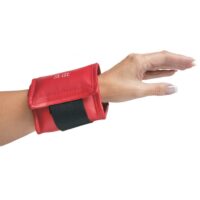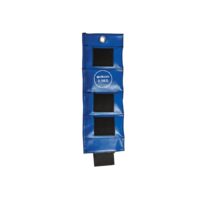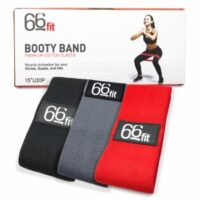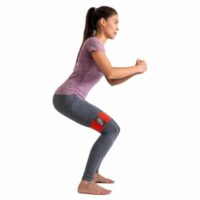NDIS
NDIS
If you have NDIS funding, you may be eligible to come and see an Exercise Physiologist or Physiotherapist frequently to support yourself or your participant through Physical activity. Most people can get into the gym and smash out exercises easily, though we understand it’s not that easy for everyone else. Physiotherapists are qualified to diagnose and treat secondary conditions that may come about because of your primary disability. Accredited Exercise Physiologists (AEP’s) are the highest qualified exercise professionals that can support and treat a wide range of conditions and needs through physical activity.

See:
- What can an AEP/Physio help with?
- Personalised ASD programs
- Sensory preferences
- Come see our gym
- NDIS and Exercise Physiology/Physiotherapy How To Start
What Can An Exercise Physiologist/Physiotherapist Help with?
- Balance and coordination
- Strength, power and speed
- Stability, mobility and flexibility
- Managing condition-specific symptoms during or post-exercise
- Adaptive equipment/exercises
- Upper/lower limb differences
- Working with condition specific pain and symptoms during exercise
- Gross motor skills
- Hypo- and hyper-mobility
- Cognitive development
- Behaviour and emotion management

Personalised ASD therapy programs
Many people with Autism find exercising difficult because of one or more of the following factors: Low muscle tone, reduced joint proprioception, lack of core stability and balance, mental well-being, low coordination and under-developed gross motor skills. An AEP can directly address these factors or work around them through many different ways to help them achieve specific physical activity goals or to enjoy exercise. Sessions with an AEP can also help improve behavioural regulation and self-management techniques. AEP’s have specific skill sets to be able to work flexibly with the environment and the client to make sure it is a suitable space to get the most out of the session.

Sensory preferences
Do you or your participant have sensory sensitivities or preferences that need to be considered when exercising or during everyday living? We have the appropriate knowledge and equipment to help accommodate specific sensitivities around noise, light, touch or smell.
Come see our gym!
- Our gym is equipped with a range of equipment to help support our exercise sessions.
- The gym is fully accessible by wheelchair users.
- If you prefer an environment more conducive to your needs like your home, a park, an outdoor space, a gym or a pool, please let us know, and we can accommodate.

NDIS and Exercise Physiology/Physiotherapy How To Start:
- Check your funding – Identify if you have funding for ‘improved daily living’ or ‘improved health and wellbeing’ in your core supports. Check with your plan manager/NDIA coordinator if you have the correct funding if necessary.
- Identify where you’d like to complete your sessions – at home, in the clinic or at a place more comfortable for you (i.e outdoors, park, public gym etc.)
- Find a provider that works for you, think about the following in your decision:
- Distance to travel to reach provider
- Whether they can support your need to complete sessions in a pool/at home etc.
- Do they have the right space in the clinic if I need it? Is it an inclusive access building?
- Ask to book in for an initial assessment – This will be where we get to know you and you will meet a clinician. If for any reason you don’t feel comfortable with the clinician, you can go find a different one if need be. Please feel free to ask questions and let them know your goals, disabilities and preferences for exercise, music, activities etc.
- Meet your clinician – this is normally done in the initial assessment.
- Receive and sign a service agreement – a service agreement is used to make all people aware of the agreement between the service provider and participant. This document will tell you how much each session will cost, any clauses or special conditions to do with the clinician/clinic and any other important information like cancellation policies. Please make or save a copy of your service agreement and send it back to the clinic when able. Also make sure to read the document yourself or get your guardian to read it if need be.
- Book in ongoing sessions – most clinics will have the option to block out a time every week/fortnight for you to attend your sessions. Keeping it at the same time and day will make it easier to remember and will also help form a habit.
- Enjoy your time at Exercise Physiology! These sessions are meant to be fun and should align with your goals. Talk to your clinician further if you feel it’s not meeting your expectations.
If you’d like to book in with us today, or have any questions regarding our services, please feel free to contact the clinic!
Rochedale - Call 38410277
Book Online: RochedaleSalisbury - Call 32751044
Book Online: SalisburySandgate - Call 32691122
Book Online: Sandgate[/vc_column_text][/vc_column][/vc_row]



